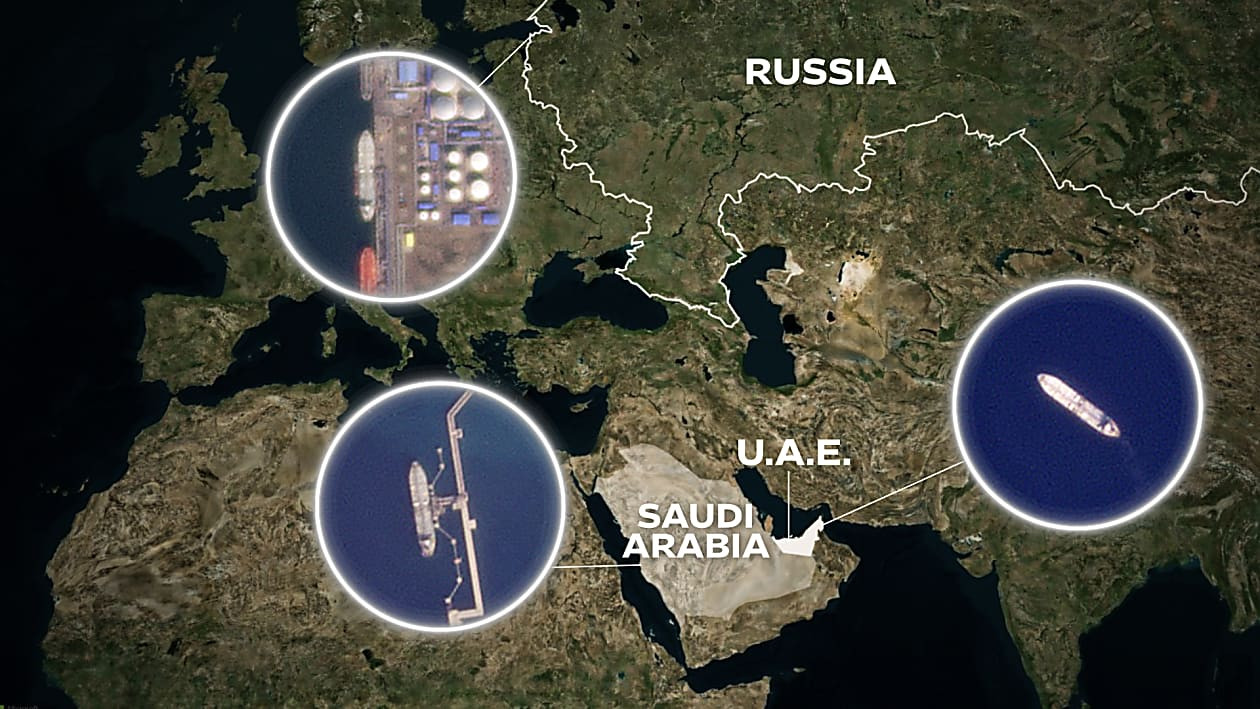The US Doctrine of 'Neither Confirm Nor Deny' and the Case of Australia
The United States Government has maintained a doctrine of 'neither confirming nor denying' the presence or absence of nuclear weapons on US aircraft for nearly 70 years. This policy has been largely consistent, with only a few exceptions. One of those exceptions is the case of Australia, where, during the Cold War, former Prime Minister Malcolm Fraser successfully negotiated a transparent agreement with the US regarding B-52 deployments. This agreement, a stark contrast to the current 'neither confirm nor deny' policy, highlights the potential risks associated with the lack of transparency around nuclear-capable aircraft deployments.
The Need for Transparency and Accountability
The 'neither confirm nor deny' doctrine presents a significant obstacle to democratic accountability. It denies the public, and even allied governments, critical information about the presence of nuclear weapons in their countries. This lack of knowledge creates a dangerous environment of uncertainty and potentially undermines national sovereignty.
For instance, Australia, which hosts rotational deployments of B-52H bombers at Tindal Air Force Base, has openly acknowledged its commitment to acting in conformity with its international obligations regarding nuclear weapons. However, the Australian government has also 'respected and understood' the US's 'neither confirm nor deny' policy, refusing to disclose whether the B-52s deployed on Australian soil are nuclear-capable or conventional-only.
Malcolm Fraser's Precedent: A Case of Transparency
In the 1980s, the Fraser government, faced with the prospect of B-52 deployments to Australia, successfully negotiated a transparent agreement with the US. Fraser informed the Australian Parliament that the B-52s would be unarmed and carry no bombs, and that any modifications to the missions would require explicit prior approval from the Australian government. The US embassy in Canberra publicly confirmed this agreement, leaving no room for ambiguity about the US government's commitment to comply with Australia's policy.
A Matter of National Sovereignty
Fraser saw the transparency agreement as a matter of national sovereignty, arguing that Australia had the right to be informed about the objectives and weaponry of any foreign military operations launched from its territory. He believed that Australia's sovereignty was at stake if the government were to agree to a mission without knowing its objectives.
The US's Grudging Acceptance
While the US government initially resisted the transparency conditions imposed by Fraser, it ultimately accepted them. This historic precedent demonstrates that it is possible for allied governments to secure transparent agreements with the US on the deployment of nuclear-capable aircraft. However, this precedent has not been followed by subsequent Australian governments.
The Current State of 'Willed Ignorance'
Today, Australia, along with other countries that host US B-52 bombers, operates under a veil of uncertainty regarding the nuclear capabilities of these aircraft. This lack of transparency is concerning, as it allows for potential misuse of these weapons without public knowledge or consent.
The Ambiguity of Dual-Capable Aircraft
The US Air Force B-52H fleet includes both dual-capable and conventional-only aircraft. This ambiguity creates a situation where allied governments and their citizens are left in the dark about the potential for nuclear involvement in their territory. The 'neither confirm nor deny' policy further complicates matters, making it difficult to assess the true strategic implications of B-52 deployments.
The Need for a Change in Policy
The Australian case underscores the importance of transparency and accountability in the context of nuclear-capable aircraft deployments. It's time for allied governments to challenge the US's 'neither confirm nor deny' doctrine and push for greater clarity and transparency regarding the presence of nuclear weapons in their territories. The current policy undermines democratic principles and creates a dangerous situation where the potential for nuclear conflict is obscured from public view.
A Call for Transparency and Accountability
The Australian government, along with other allies, must demand transparency from the US on the capabilities of B-52 deployments. This includes a clear understanding of whether the B-52s deployed on their soil are conventional-only or dual-capable, and whether nuclear weapons will be allowed into their territories. The precedent set by Malcolm Fraser demonstrates that it is possible to secure transparency in this sensitive area. The time has come to move away from 'willed ignorance' and towards a more responsible and accountable approach to nuclear weapons in the 21st century.

















